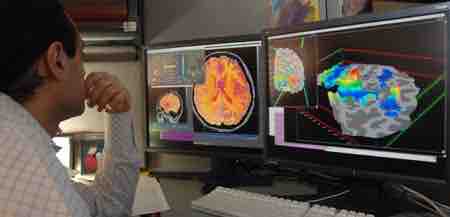Introduction to Illness
Illness, sometimes considered another word for disease, is a state of poor health. Some scholars have maintained a distinction by describing illness as a patient's subjective perception of an objectively defined disease. Conditions of the body or mind that cause pain, dysfunction, or distress can be deemed an illness. Sometimes the term is used broadly to include injuries, disabilities, syndromes, infections, symptoms, deviant behaviors, and atypical variations of structure and function. In other contexts these may be considered distinguishable categories.
Epidemiology
Epidemiology is the scientific study of factors affecting the health and illness of individuals and populations; it serves as the foundation and logic for interventions made in the interest of public health and preventive medicine. Behavioral medicine is an interdisciplinary field of medicine concerned with the development and integration of psychosocial, behavioral, and biomedical knowledge relevant to health and illness. According to evolutionary medicine, much illness is not directly caused by an infection or body dysfunction, but is instead a response created by the body. Fever, for example, is not caused directly by bacteria or viruses but by the body raising its normal temperature, which some people believe inhibits the growth of the infectious organism. Evolutionary medicine calls this set of responses "sickness behavior. "
All human societies have beliefs that provide explanations for, and responses to, childbirth, death, and disease. Throughout the world, illness has often been attributed to witchcraft, demons, or the will of the gods—ideas that retain some power within certain cultures and communities. However, the rise of scientific medicine in the past two centuries has altered or replaced many historic health practices.
Mental illness is a broad category of illnesses that may include affective or emotional instability, behavioral dysregulation, and/or cognitive dysfunction or impairment. Specific illnesses known as mental illnesses include major depression, generalized anxiety disorder, schizophrenia, and attention deficit hyperactivity disorder, to name a few.
Statistics show that more and more people are being diagnosed with mental disorders. The National Institute for Mental Health reports that over 40 million adults are diagnosed with an anxiety disorder in a given year, accounting for 18 percent of the population. Other disorders that are prevalent are ADHD (4 percent), mood disorders (9.5 percent) and and autism (1 percent, but quickly rising).

Researcher Test
A researcher studying a part of the human body in search for illness.